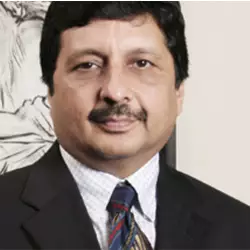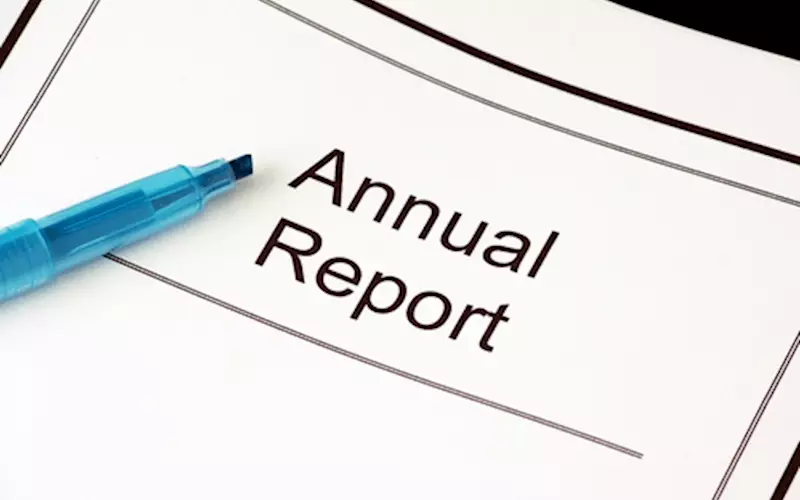On the one hand, corporate India is on a growth path and on the other hand, printing of annual reports is witnessing an overall slowdown. In addition to the current climate of business uncertainty, there is a problem of rogue print firms who are not delivering as per the terms and conditions to their corporate and PSU (public sector undertakings) clients.
PrintWeek India has learnt that there is a marked rise in the number of instances being reported.
Maneck Davar, the managing director of Spenta Multimedia, which publishes and prints over 30 titles, custom and consumer, says, “There is a rise in the number of print firms who are indulging in malpractice. This is detrimental to the reputation of the entire industry.”
 Animesh Kejriwal, Parksons Graphics
Animesh Kejriwal, Parksons GraphicsAnimesh Kejriwal of Parksons Graphics, agrees, “While annual report printing has been plagued with these practices, there is a growing number of corporates that have become aware of the problems. Such corporates look for credible names to work with, resulting in a growing and fair landscape. We have always maintained that it’s only a matter of time before malpractices will surface, and the long term credibility loss will outweigh the short term gains for printers endorsing them.”
PrintWeek India spoke to paper dealers. Vikas Sibal, the India representative of Arjowiggins at Dalum Trade Links says, “Public sector units have reported falling victim to such practices this year more than in the whole of last year, and there is a likelihood of a few firms being blacklisted because they are under-billing or supplying only 50-60% of the print order.”
Sibal’s Delhi-based paper dealership has been impacted by this due to under-payment and at times, non-payment. Many print buyers specifically seek, “environmental grade paper to create their annual reports with over 100 pages. That is why our paper is used de facto.”
When queried, why there is silence about this, a Mumbai-based dealer states, “in most cases the AGM (annual general meeting) is around the corner and company secretaries and board are aware that they cannot default on the delivery of annual report copies which are required to be presented to the shareholders for fear that the AGM be rendered null and void.”
When PrintWeek India spoke to the top players in annual report segment, they shared that one of the oldest scams in the annual report segment which no one talks about is “a contract being awarded to the lowest bidder. Sometimes the terms and conditions are totally unfeasible. The paper order placed is much lower than the paper requirement for the print job. It’s like match-fixing of a game and everything is pre-decided.”
At times, account details are changed. An employee then changes the supplier’s account and when the supplier files its invoices, the money is paid to the “new” account. Another method is “franking empty envelopes” at the post office. That way, one can show 100% postage. Whereas in reality only half of the two lakh annual report copies are delivered.
Sibal says: “It’s so easy in a busy production environment where one form is not added, or copies mysteriously don’t reach the destination in the smaller towns and C-tier cities. It is low risk and becomes an easy way to make quick money.”
 Maneck Davar, the managing director of Spenta Multimedia
Maneck Davar, the managing director of Spenta MultimediaDavar points out, “A few blue chip companies have started blacklisting and advertising the names of the companies on their websites. “This is a good step but the real figure is much higher than what is thought of because many such crimes go unreported. This leaves small print businesses more vulnerable to fraud. Which is why, greater awareness is a powerful tool in prevention.”
Animesh Kejriwal concurs, “While this might be common knowledge to most in the industry, the solutions to counter it are largely unknown. If there is a method to add resources to blacklist or check blacklisted companies in the public domain, it would help buyers.”
Davar, who also represents the print sector on the Services Export Promotion Council (SEPC), says, “With a government at the centre which is much-more vigilant, these malpractices in PSUs may no longer go undetected and unpunished.”n














 See All
See All